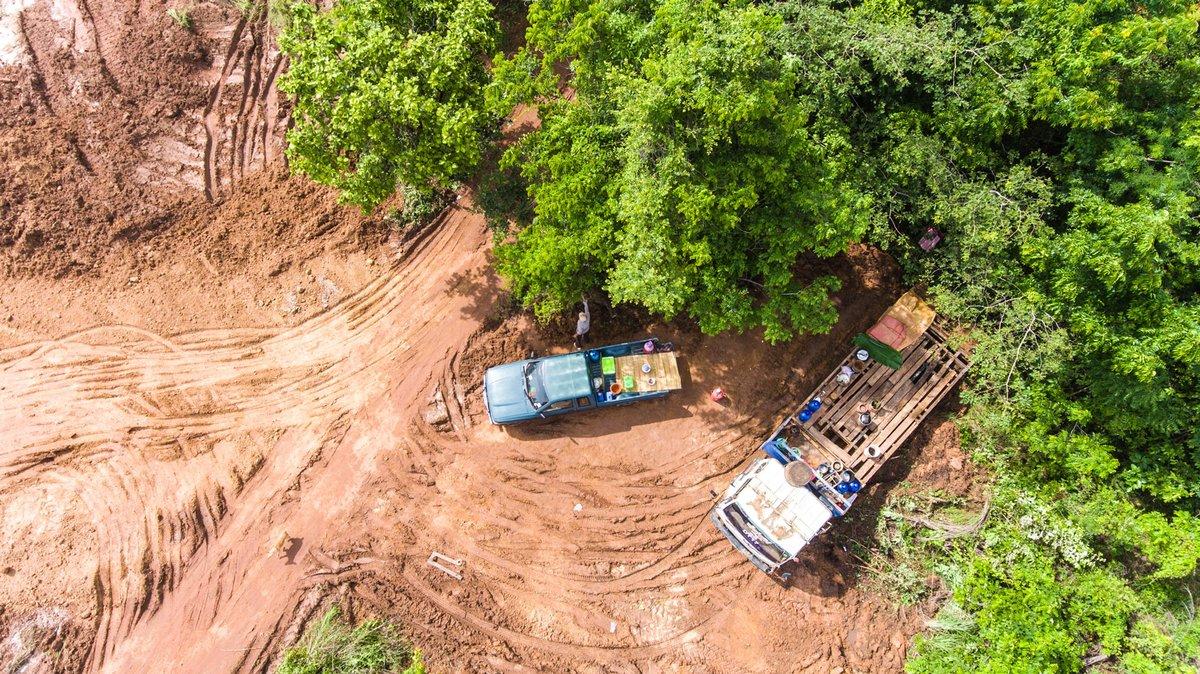Authors: Bartosz Brzeziński, Silvia Nanni
Between 2010 and 2015, around 7.6 million hectares of forest were lost each year globally. The largest losses occurred in South America and Africa, but forests are disappearing nearly all over the world, driven by farming, grazing of livestock, mining, and drilling that combined account for more than half of all deforestation.
The EU’s food sector, due to its high demand for imported agricultural products like palm oil, soy, cocoa and coffee, is a significant contributor to deforestation and ecosystem degradation in third countries.
The bulk of the world’s forests is natural forest, and around a quarter of it is known as primary forest. Primary forests refer to wooded areas that have been relatively unaffected by human activities. They are the most biologically diverse type of forest on our planet.
 Download our factsheet with policy recommendations. Download our factsheet with policy recommendations. |
Of these, the Amazon Jungle is perhaps the most symbolic. Covering some 40 percent of South America, it is by far the largest rainforest in the world – even if it has shrunk by almost one-fifth in the last 50 years.
Europe has few remaining rainforests of its own, but that doesn’t mean it has no role to play in protecting the ones outside its borders.
In 2018 alone, the world lost 3.6 million hectares of primary rainforest – an area the size of Belgium.
Primary rainforests are critically important for storing carbon and provide habitat for many endangered animals, including jaguars, orangutans and gorillas.
Much of the deforestation is caused by human activity, including fires and land-clearing for farms and mining. Many European companies are at the apex of the global value chains for agricultural and other commodities that drive tropical deforestation and other degradation.
| About a third of all global deforestation is linked to the consumption of agricultural products in the EU |
Although most of the food linked to deforestation is consumed in the country of origin, many of the products we use on an everyday basis are implicated in the process. In fact, of all the crops and livestock products associated with deforestation that are traded internationally, the EU imported and consumed as much as 36% of them between 1990 and 2008. This means that a third of all global deforestation was due to the consumption of agricultural products in the EU.
In July, the European Commission issued the “long-awaited” Communication on addressing the EU’s contribution to global deforestation. The communication has been hailed as an important step in combating the issue, but many have since urged policy- and decision-makers to go even further.
Consumers have a role to play by being more conscious of the products they buy, but the EU leaders should:
- Set a target date by which commodities produced without a guaranteed deforestation-free origin would not be accepted onto its markets.
- Establish a regulatory framework to determine the agricultural and forest commodities that can be placed on the EU market, without jeopardising natural ecosystems within the EU and in third countries.
- Encourage and facilitate the consumption of sustainable locally-sourced food commodities.
- Introduce guidelines for labelling food commodities and products that are deforestation and ecosystem degradation-free across the Member States.


